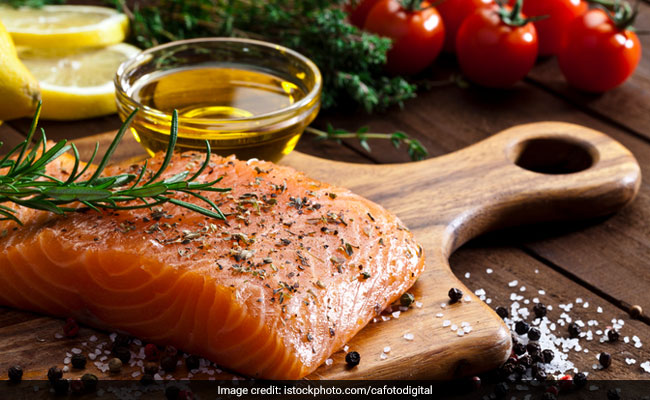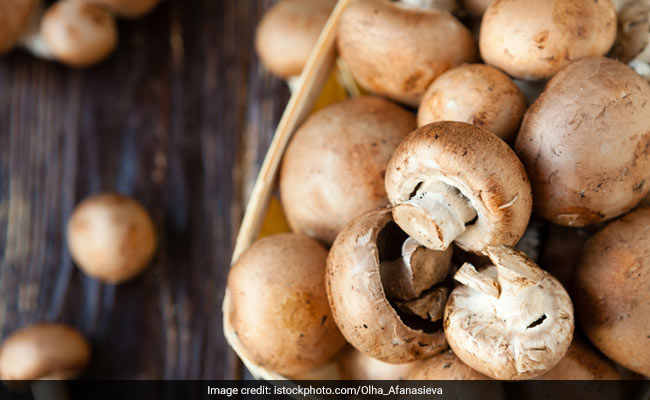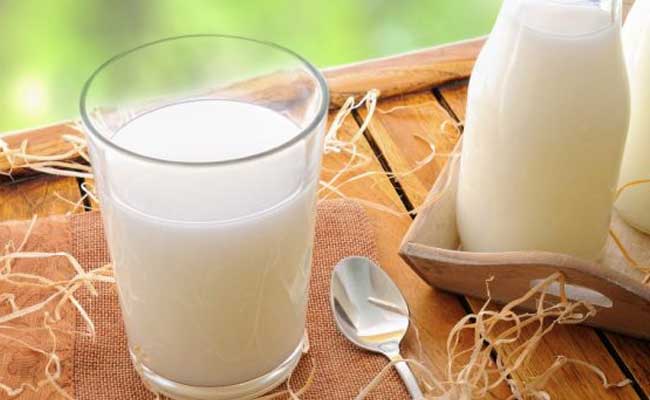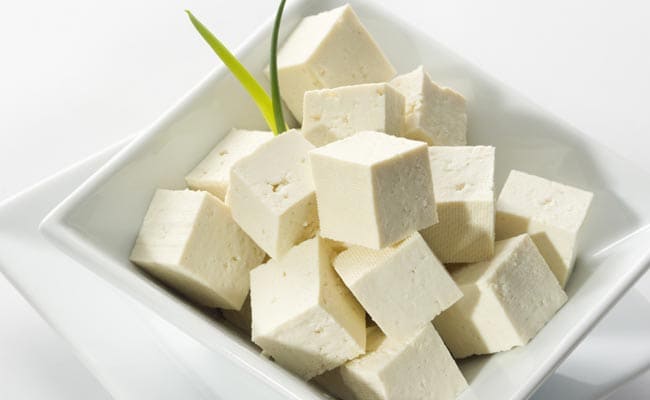
- Vitamin D deficiency can place you at a 5 times higher risk of diabetes
- After 70, people need 600UI of vitamin D in a day
- 100 grams of canned salmon can make up for 91% of your daily requirement
Vitamin D is extremely vital to your overall health. It is also known as the sunshine vitamin because when your skin comes in direct contact with sunlight, it produces vitamin D naturally. You may not realize how important vitamin D is for your overall health until you realize the important functions of this vital nutrient. The sunshine vitamin regulates the absorption of calcium and phosphorus in your body. It keeps your immune system running and also ensures the normal growth of your bones and teeth. Now that you know what all vitamin D is capable of, you can certainly imagine how its deficiency can harm you. Typically one may think of osteoarthritis but the health risks of vitamin D deficiencies do not end here. Recently researchers warned that its deficiency can place you at a five times higher risk of diabetes.
Also read: Vitamin D Deficiency: Best Ways To Take Care Of It
Here's how vitamin D supports your body:
- Healthy bones and teeth
- Healthy nervous and immune system
- Regulating insulin and diabetes management
- Supporting lung and heart function
- Influencing cancer-causing genes
How much vitamin D do you need in a day?
An average individual between 19 to 50 years of age needs 200UI of vitamin D in a day. People aged 51 to 70 need 400UI of vitamin D for bone maintenance in old age. After 70, people need 600UI of vitamin D in a day. Exceeding this limit can also lead to some health risks so you must keep a tab on your portions.
There are only a few natural sources of vitamin D. Of them, here's a list of 6 foods with the highest vitamin D content ever. Take a look.
1. Fish
Oily fish like mackerel, tuna and salmon have a high vitamin D content. Only 100 grams of canned salmon can make up for 91% of your daily requirement. These can be enjoyed both raw and canned. They also give you omega 3 fatty acids, protein, calcium and phosphorus.
 Vitamin D benefits: Salmon is a rich source of vitamin D
Vitamin D benefits: Salmon is a rich source of vitamin D2. Mushrooms
Mushrooms are also an important source of vitamin D. Other than the fortified foods, they are the only plant-based source of protein. Mushrooms need sunlight to grow; this is when they maximize their vitamin D content. One cup of diced mushrooms gives you 64% of your daily requirement of vitamin D.
 Vitamin D benefits: Mushrooms are a rich source of vitamin D
Vitamin D benefits: Mushrooms are a rich source of vitamin D3. Whole milk
Most packaged milk varieties are fortified with vitamin D these days. So bring another pack of milk and gulp down a glass of this super-healthy drink. It makes up for 21% of your daily vitamin D requirement.
 Vitamin D benefits: Fortified whole milk is a rich source of vitamin D
Vitamin D benefits: Fortified whole milk is a rich source of vitamin DPhoto Credit: iStock
4. Tofu
Soy foods are another vitamin D rich source. Every product has a different level of vitamin D so you must check the label before buying any product. Only 100 grams of tofu can give you as much as 39% of vitamin D. It is also rich in proteins.
 Vitamin D benefits: Tofu is a rich source of vitamin D
Vitamin D benefits: Tofu is a rich source of vitamin DPhoto Credit: iStock
5. Oysters
Oysters are a clam which lives in salt water. This variety of seafood is extremely low in calories and high in terms of nutrients. 100 grams of oysters contain 68 calories and 320UI of vitamin D. They are also rich in copper, vitamin B12 and zinc.
 Vitamin D benefits: Oysters are a rich source of vitamin D
Vitamin D benefits: Oysters are a rich source of vitamin D6. Cod liver oil
One of the easiest ways to fill up on vitamin D is to take cod liver oil. This oil is obtained from the liver of codfish and is more of a supplement than a food item. It gives you 450UI of vitamin D and promotes better bone health in the elderly.
Disclaimer: This content including advice provides generic information only. It is in no way a substitute for qualified medical opinion. Always consult a specialist or your own doctor for more information. NDTV does not claim responsibility for this information.

